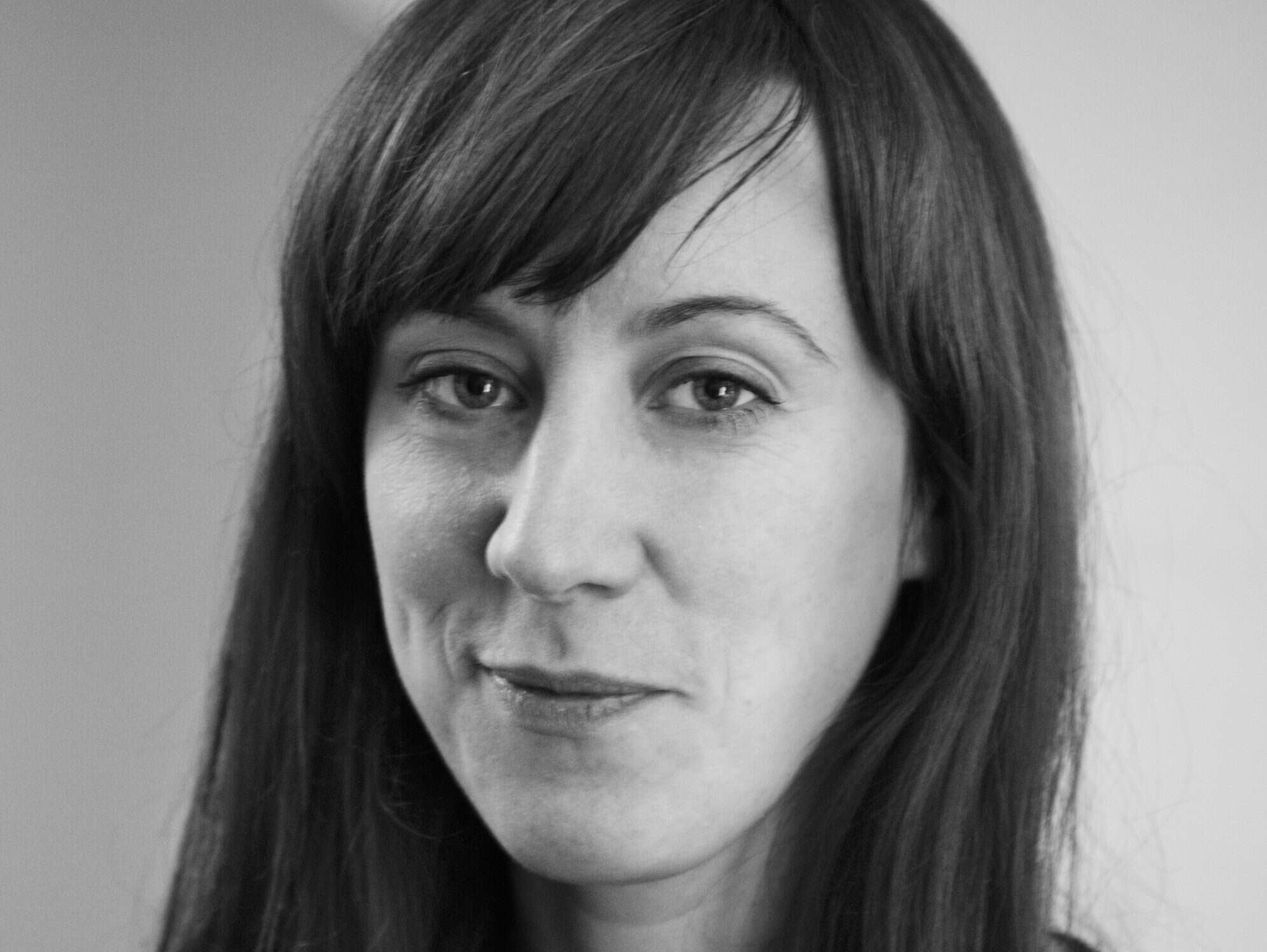
The Bureau of Investigative Journalism has created a new impact editor role and appointed former production editor Miriam Wells to the post.
Wells will focus on connecting the Bureau with outside potential project collaborators and stakeholders such as NGOs and grassroots activist groups.
The ex-foreign correspondent has also said she will “act as a bridge between our journalism and the world of advocacy” where necessary.
Writing for the Bureau, Wells said reporting could “make a difference” in the world but added that “journalists alone cannot drive change”.
“Simply publishing a story does not provide accountability, change a policy or alter public opinion,” she said.
“When journalism does appear to do those things, behind the scenes there is nearly always a jigsaw of actors — lawyers, NGOS, sympathetic politicians, impassioned individuals, for instance — who have also played a critical role.
“So if we want our journalism to best serve its watchdog purpose, we need to think strategically and creatively about what we do with our work, and how we collaborate with wider civil society in driving change on the issues we cover.
“In the newly created role of impact editor at the Bureau, it will be my job to do just that.”
Wells added that the new role was a “journey for me as much as the Bureau” but said the non-profit believed it would “cement and amplify” their work.
Speaking to Press Gazette about the new role, she said looking at online engagement would be part of the job but that she would be primarily focused on other forms of impact.
This could include holding events in Parliament or town halls as well as working with NGOs, academics, activists and similar networks.
The Bureau, which co-publishes work with major media outlets, has previously collaborated with charities and grassroots organisations on projects such as its Dying Homeless series.
In her Bureau post Wells said: “When journalists and networks collaborate, it amplifies the potential effects of both groups’ work.
“This kind of impact has not typically been recognised or measured by journalists but is one of the most powerful ways good quality reporting can help drive change.”
She also said the organisation’s journalists “are not and will never become partisan campaigners, framing narratives or omitting facts to suit a purpose”.
Wells told Press Gazette that the Bureau believed roles such as hers would be “really important for the future of journalism”.
It was revealed by the Bureau in May that former Times sub-editor Frankie Goodway would take over Wells’ role as production editor.
The non-profit news outlet has also hired ex-Guardian data journalist James Ball as its global editor.
Picture: Bureau of Investigative Journalism
Email pged@pressgazette.co.uk to point out mistakes, provide story tips or send in a letter for publication on our "Letters Page" blog
